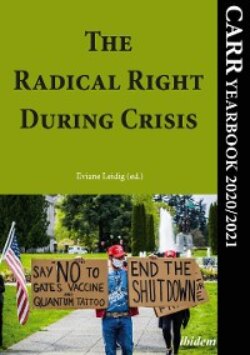Читать книгу The Radical Right During Crisis - Группа авторов - Страница 21
Putin’s Amendments to Russia’s Constitution Sparks Debate About Russian Nationalism
ОглавлениеValery Engel
On many occasions, Russian President Vladimir Putin has called for the adoption of new amendments to the Russian Constitution. Putin has usually referenced several reasons why the head of state would want to change the basic law of the country, which is only twenty-seven years old. This is the desire to expand the powers of the Duma (parliament), and limit the tenure of the presidency to two terms without the fateful word “in a row”, which allowed Putin to be elected four times, to ensure the immunity of former presidents and establish the priority of the constitution of the Russian Federation over international law.
The gossip behind all this activity is Putin’s desire to remain at the helm of the state after 2024, moving to the Chairperson of the Parliament, and recently, his former adviser Vladislav Surkov1 said that after the adoption of the amendments Putin’s presidential terms must be reset and he has to get a new opportunity to run again (this statement was quickly disavowed by Kremlin, but in the end of the campaign this amendment appeared in the collection).
By the president’s decision, a working group was formed2 to prepare proposals for amending the constitution. This is not to say that the idea of updating the constitution caused a stir among the population of the country. Until recently, only professional politicians, state media and individual bloggers showed interest in the amendments. The authorities doubt that it will be able to ensure a decent turnout at the referendum. In connection with that, Putin proposed to make the vote on a weekday and declare this date a day off.
This process would continue to be quite routine, taking place within the framework of existing domestic political realities, if there had not been for the discussion on social networks about the need to fix in the text of the constitution the “state-forming role” of the Russian national majority. This discussion quickly went beyond the internet.
